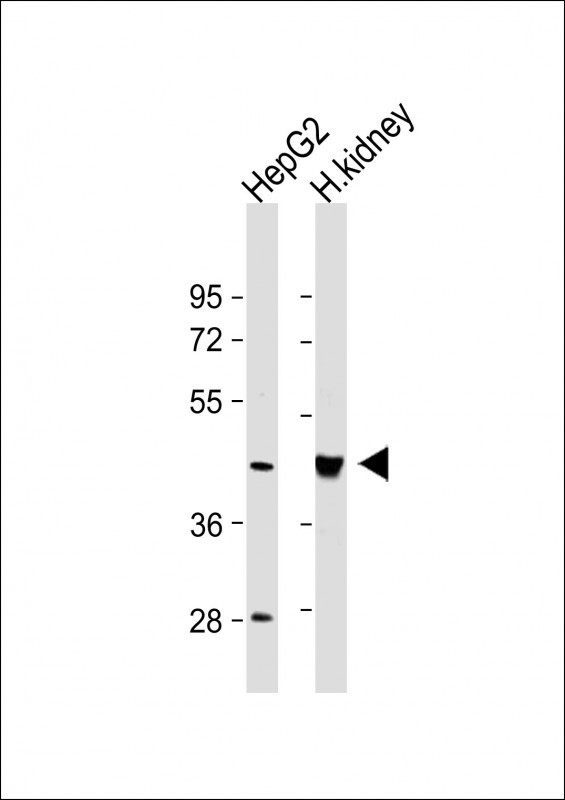
| WB | 咨询技术 | Human,Mouse,Rat |
| IF | 咨询技术 | Human,Mouse,Rat |
| IHC | 1/25-1/100 | Human,Mouse,Rat |
| ICC | 技术咨询 | Human,Mouse,Rat |
| FCM | 咨询技术 | Human,Mouse,Rat |
| Elisa | 1/2000-1/10000 | Human,Mouse,Rat |
| Aliases | 2'-5'-oligoadenylate synthase 1, (2-5')oligo(A) synthase 1, 2-5A synthase 1, E18/E16, p46/p42 OAS, OAS1, OIAS |
| Entrez GeneID | 4938 |
| WB Predicted band size | 46.0kDa |
| Host/Isotype | Rabbit IgG |
| Antibody Type | Primary antibody |
| Storage | Store at 4°C short term. Aliquot and store at -20°C long term. Avoid freeze/thaw cycles. |
| Species Reactivity | Human, Mouse |
| Immunogen | This OAS1 antibody is generated from rabbits immunized with a KLH conjugated synthetic peptide between 302-330 amino acids from the C-terminal region of human OAS1. |
| Formulation | Purified antibody in PBS with 0.05% sodium azide,1%BSA and 50% glycerol.prepared by Saturated Ammonium Sulfate (SAS) . |
+ +
以下是关于IFITM3抗体的3篇参考文献,简要概括研究内容:
1. **文献名称**:*The IFITM proteins mediate cellular resistance to influenza A H1N1 virus, West Nile virus, and dengue virus*
**作者**:Brass AL, et al.
**摘要**:该研究首次揭示了IFITM3蛋白通过干扰病毒与宿主细胞膜的融合抑制多种病毒(如流感病毒、西尼罗河病毒)的感染。实验中利用特异性IFITM3抗体进行免疫荧光和Western blot,证实其在细胞内的定位及表达水平对抗病毒活性至关重要。
2. **文献名称**:*IFITM3 restricts influenza A virus entry by blocking the formation of fusion-competent endosomes*
**作者**:Smith SE, et al.
**摘要**:研究发现IFITM3通过改变内体膜的胆固醇含量,阻止流感病毒进入细胞。作者使用IFITM3抗体进行免疫共沉淀和亚细胞定位分析,揭示了IFITM3在内体中的聚集是抑制病毒膜融合的关键机制。
3. **文献名称**:*IFITM3 polymorphism rs12252-C associated with severe influenza in European populations shows distinct antigenic characteristics in protein analysis*
**作者**:Everitt AR, et al.
**摘要**:该研究探讨了IFITM3基因多态性(rs12252-C)与流感重症化的关联。通过Western blot和流式细胞术结合特异性IFITM3抗体,发现该变异导致蛋白结构改变,降低其抗病毒能力,为临床预后提供了分子依据。
---
以上文献均涉及IFITM3抗体的实验应用(如检测表达、定位或功能分析),并聚焦于其在病毒感染中的关键作用。如需具体年份或补充文献,可进一步提供方向。
×